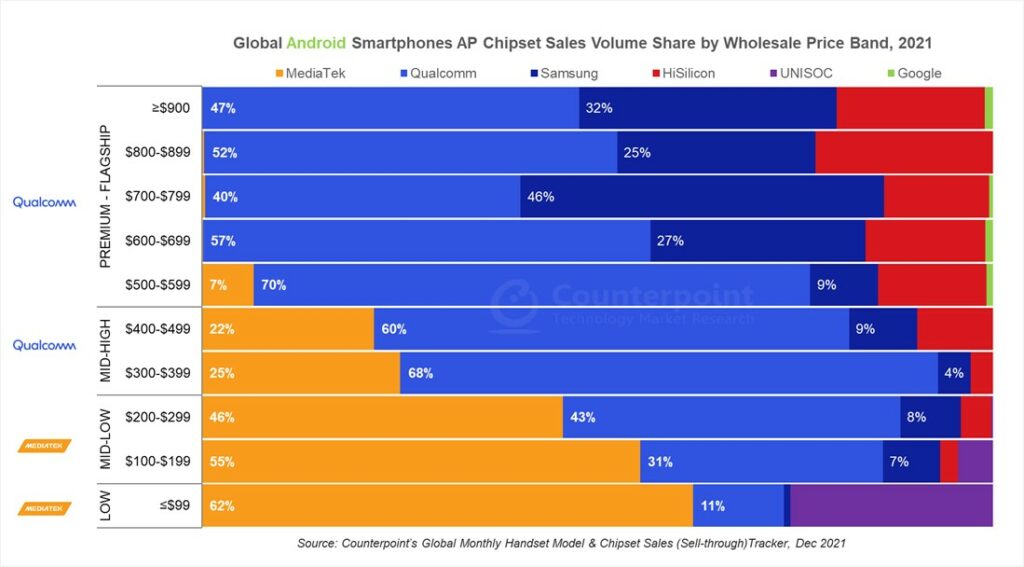Google may plan to use its first-gen Tensor chip in its upcoming Pixel Tablet.
Developer Kuba Wojciechowski shared on Twitter details gleaned from AOSP code about the Pixel Tablet. That includes the plan to use ‘gs101’ (the codename for the Tensor chip used in the Pixel 6 series) but would also not include GPS hardware or a cellular modem. Wojciechowski also noted the Pixel Tablet will lack proximity and barometer sensors.
Depending on your views about tablets, this news may come as a disappointment. However, given other rumours about the Pixel Tablet doubling as a detachable display for a future Nest Hub revamp, the missing sensors make a little more sense.
Google’s hardware team seems to have fully embraced the idea and designed the device around that concept. According to AOSP code, it will not contain any GPS hardware or a modem, making it only really usable at home, connected to WiFi. pic.twitter.com/LAmNEGA58T
— Kuba Wojciechowski⚡ (@Za_Raczke) September 1, 2022
It seems like Google’s setting up the Pixel Tablet to be a lower-cost media consumption device rather than a high-end content creation device like the iPad Pro. Wojciechowski backs this up, citing previously leaked info about the Pixel Tablet only supporting 64-bit Android. According to Wojciechowski, dropping 32-bit could reduce resource requirements like RAM. Wojciechowski then points at the Pixel 6a, which has 6GB of RAM and supports 32-bit and 64-bit, and suggests the Pixel Tablet could have 4GB of RAM with a 64-bit-only build.
As confirmed by a Google-authored code commit, Citron used a 1st generation Tensor (gs101), just like the Pixel 6 series. That means that the Tablet is also most likely gonna use it, which makes sense for a cost-optimized family tablet. pic.twitter.com/qfYXzmewui
— Kuba Wojciechowski⚡ (@Za_Raczke) September 1, 2022
With all this in mind, it increasingly looks like the Pixel Tablet will at least be a low-cost media tablet with minimum specs. The inclusion of Tensor may be surprising, but it’s worth keeping in mind that it’s likely cheaper for Google to include its custom Tensor chip than an off-the-shelf Qualcomm chip, similar to how Apple routinely uses older A-series chips in lower-cost devices like the iPad.
If the Nest Hub rumour is true, then the Pixel Tablet could be a strong competitor in the space. Imagine a Nest Hub or Nest Hub Max-style device, but you can just pull the screen off and use it like a tablet. That’d be great, and basically my dream tablet.
Source: Kuba Wojciechowski (Twitter) Via: Android Police




